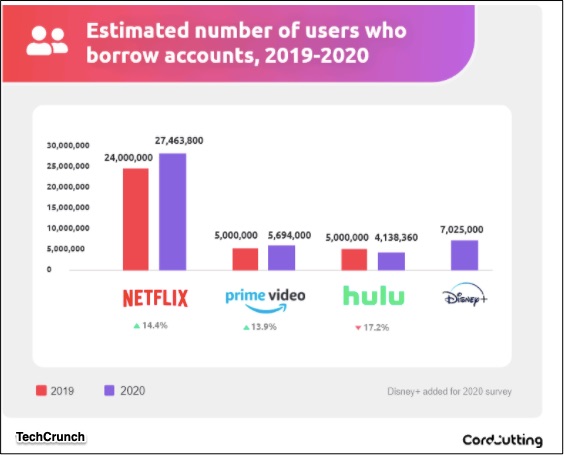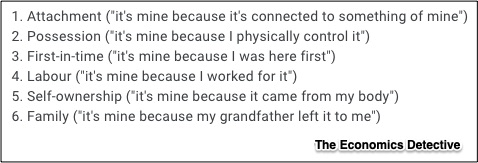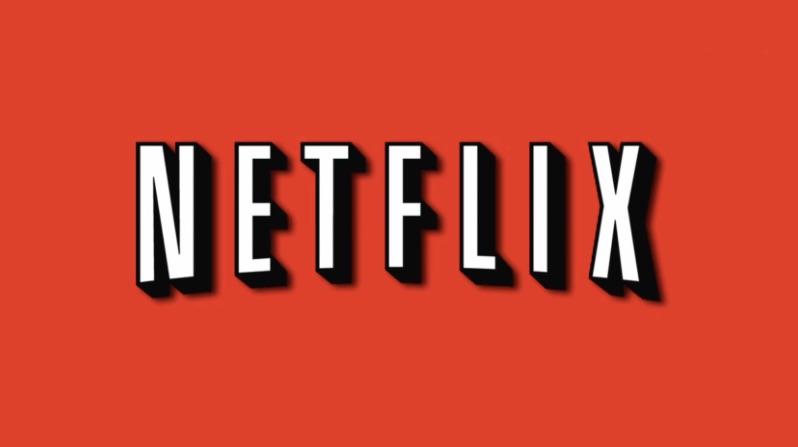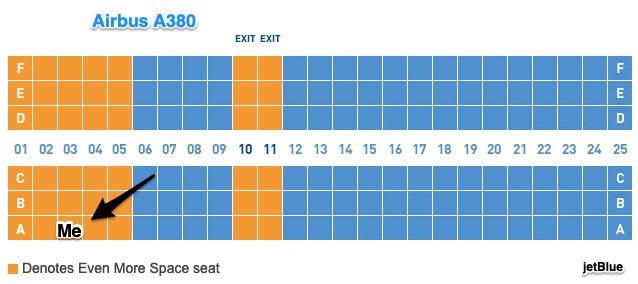Many of us share Netflix passwords. We think it is okay to recline in our airplane seat. And we would be horrified if someone casually took the groceries out of our cart at the checkout.
All three situations are similar.
The Rules of Ownership
Netflix
For years, Netflix seemed not to care about password sharing. Now though the problem has gotten too big for them to ignore. Friends are even forming password sharing groups. What seems to be an unscientific survey indicated that one third of all Netflix users share a password. The math means they could be losing $9 billion in revenue from 68 million viewers.
Netflix owns the show. But do I own the password? I know we can refer to the terms of ownership in our deal with Netflix and also to the Computer Fraud and Abuse Act, Still, sidestepping the legalities, we can ask what we believe we own.
All of the streaming services have a lot of “borrowing” users:

Plane Seat Facts
Pre-pandemic, I was on a JetBlue flight, tray down, using my computer when the person in front of me reclined. As her seat approached me, my computer slid forward. That tiny bit of space I thought was mine got smaller. On this flight, the seat is 18 1/4 inches wide. But I also bought the space between the seats. Called pitch, the space between the seats is measured by selecting the same point on each seat, from one seat back to the next or the same point on each base:
I was in an Airbus A380 in an Even More seat that cost me $50 (or so) for an extra 3 to 6 extra inches. I believed that during the flight, I “owned” those inches..
Supermarket Checkout
Assume that, moving from aisle to aisle, you just filled your supermarket cart with groceries. In line at the checkout, you see a fellow shopper reach into your cart and take your produce and milk. You have not paid. The items do not belong to you. But it feels like they have been “stolen” because you “own” them.
Rules of Ownership
Explaining our password sharing, recline rage, and grocery shopping, two Columbia law professors tell us six hidden rules of ownership:

Our Bottom Line: Property Rights
In a market economy, ownership is important.
Looking back to 17th century New England, we would have seen the process unfold gradually. Many of the settlers had come from English manors where the land and tools were communally owned. In towns like Sudbury, Massachusetts, at first they too shared their land and tools. Soon though, with people moving westward and claiming their own land, private ownership prevailed.
By the end of the 18th century, we have Alexander Hamilton defending the sanctity of contracts. He knew it was crucial to protect the current Revolutionary War bondholders–even if they were evil speculators who took advantage of widows and war heroes. Because they had legally purchased their bonds, he had to preserve their ownership rights.
Sometimes though–with password sharing, airplane seats, and supermarket carts–the market benefits when the rules of ownership are not so clear.
My sources and more: Through an Economics Detective podcast, I learned about the hidden rules of ownership. The podcast introduced me to Mine! –an easy to read interesting book. From there, Nasdaq, The Washington Post, and TechCrunch had articles on password sharing. Then, for airlines, you might enjoy WSJ’s Scott McCartney’s Middle Seat.
Please note that several parts from today were in a previous econlife post.








